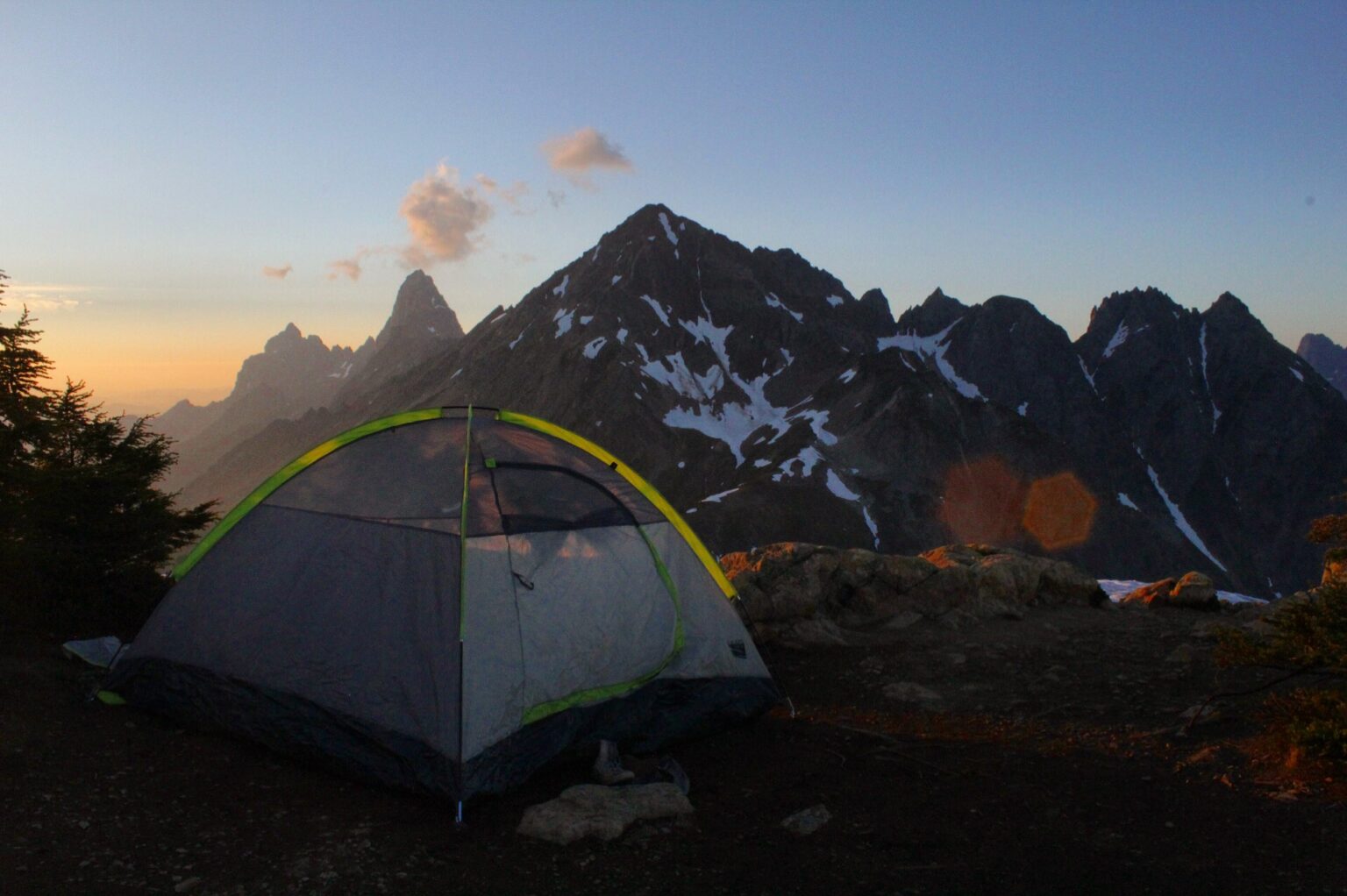Ah, how to introduce myself? Various ways: I’m a recent college graduate living paycheck to payche




- Save money
- Support local businesses
- Unlock exclusive Cascadia Daily News subscription discounts, like 50% off an annual subscription!
Browse our subscription offers or consider donating to support local journalism.
Already a subscriber?
Log in



